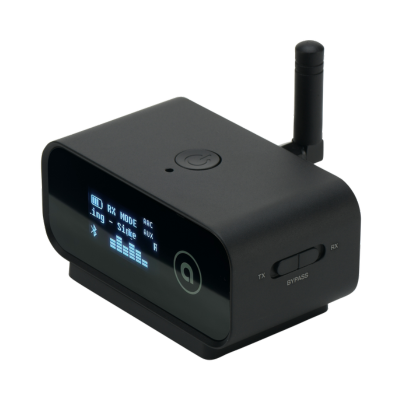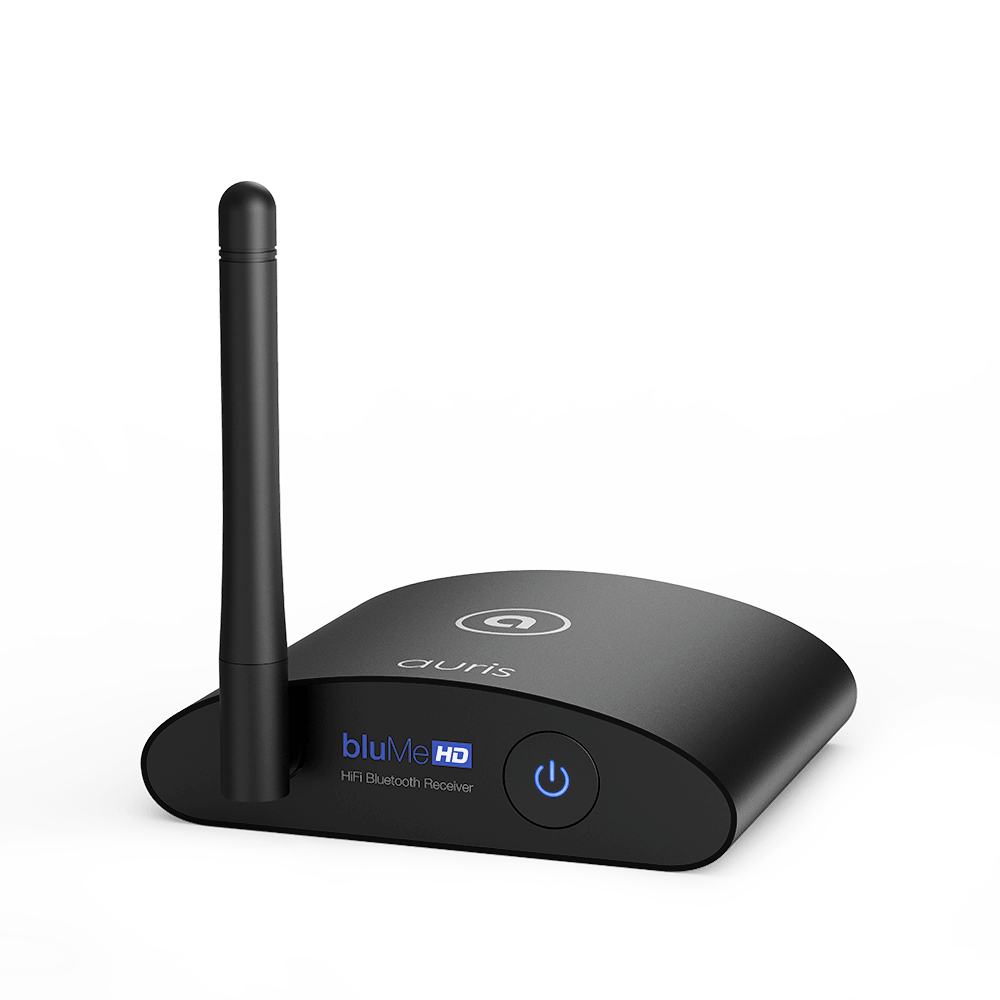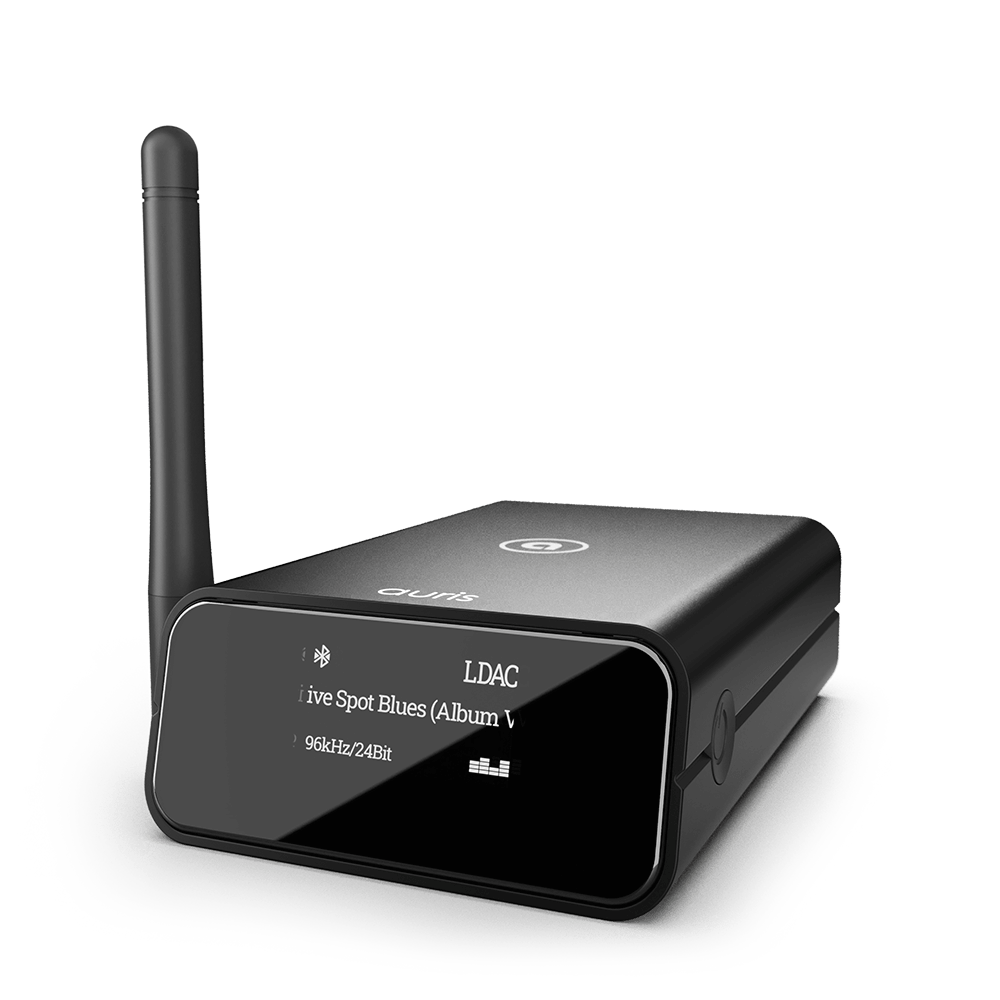
Music is continually evolving. From classical operas of the 1800s, to funky disco in the 1970s, and contemporary hip hop of today, it’s an artform that feeds off of change.
However, the music itself isn’t the only thing that has continually shifted. Thewaywe listen to music has been just as revolutionary. Purchasing individual records, CDs, or songs off of an iTunes library are all things of the past.
This is thanks to the rise of music streaming platforms that give users endless access to songs, playlists, and new artists with just a single monthly fee. These are great services, but they often don’t have the same crisp quality as physical copies.
For the trained audiophile, this can be a bummer. Luckily, there are music streaming platforms that are just as high fidelity as those reliable CDs.
1. Tidal
If you’re looking for a music streaming service with the best quality sound, then Tidal is by far the best option. Tidal’s streaming platform is focused on sound quality, bringing users a lossless audio experience that is unlike any other streaming service.
It comes with a standard option that is the best compromise between data usage and sound fidelity. But if you have a faster wifi connection, you can upgrade to a master package that gives unbroken sound quality with the highest possible resolution over streaming. The hi-res package streams up 9216kbps at 24 bits.
Tidal can accomplish this by using a breakthrough audio codec called Master Quality Authenticated (MQA). This lets you stream studio quality recordings right to your headphones.
While not necessary, the service recommends using a Digital to Audio Converter (DAC) for the highest fidelity sound possible. This is a must-have accessory for audiophiles especially.
However, in order to get the best quality audio, you’ll need high quality headphones as well. Bluetooth headphones might dilute the quality no matter how well the streaming service is able to perform, so it is definitely important to have some wired headphones on hand.
Not to mention, the MQA technology can only apply to specific songs and samples that were recorded using the same process. This means that the catalogue of songs at this high quality are fairly limited.
With all of this in mind, Tidal is definitely the best streaming service when it comes to high fidelity audio quality.
2. Deezer
Similar to Tidal, Deezer is a streaming service that uses the FLAC audio codec to stream high fidelity sound as if you were right in the recording studio. Deezer’s Hi-Fi membership can stream 16-bit 1,411 kbs lossless audio, making it match CD quality.
The quality isn’t as good as Tidal’s, but the membership fee per month is a bit cheaper, even at its premium membership price.
However, Deezer’s catalogue is even more limited than Tidal’s, so it is important to do some research before settling down. Most streaming services, including Deezer, offer a free trial, so make use of this to see if the sound quality and selection is right for you.
3. Apple Music
Apple Music is one of the best streaming options, especially if you own multiple Apple products. Their flagship streaming service seamlessly works on all devices, even allowing you to sync family members onto the same plan.
As far as the audio quality, Apple Music streams at 256 kbps, which is fairly high for a standard music streaming membership. While audiophiles might notice a difference, most people will probably find no issue.
Apple Music excels in its accessible interface and its intelligent recommendation algorithms. Special playlists are created just for you based on your own personal listening habits and preferences, which can be great for people looking to discover new artists.
Apple Music’s sound quality isn’t up to par with services like Deezer or Tidal. Since there is no upgrade plan, you’re stuck with the standard version.
4. Spotify
Spotify and Apple Music dominate the streaming sphere because of their accessibility and wide assortment of songs. Spotify is renowned for its discovery features, which allows users to find new artists and new songs that are tailored to their individual liking. Additionally, Spotify HiFi will be available later this year and will deliver music in CD-quality lossless format.
Spotify also streams at a maximum AAC 320 kbps, which is the same as Apple Music. However, vocals and bass noises are a bit more crisp and punchy on Apple Music when compared to Spotify. If you’re between the two and audio quality is the deciding factor, Apple Music might be a better bet.
With that said, Spotify has one of the most exhaustive music catalogues on streaming, and many artists even release music early on the platform as opposed to competitors. The service also offers a number of bundle options, so you can get more for your money.
5. Soundcloud
While most streaming services have free subscriptions, Soundcloud might offer the widest assortment of music because of an artist’s ability to upload their own work at a relatively low cost. This makes Soundcloud one of the best streaming platforms to unearth brand new performers who are fresh out of the gate.
However, the sound quality isn’t as high as its competitors. Even its paid subscription model caps out at 256kbps AAC, which is the equivalent of the more popular streaming services at their standard level.
With that said, streaming a Soundcloud song from your laptop to a pair of Bluetooth speakers will still give you a nice, quality sound, especially if you pay for their monthly subscription.
6. Amazon Music Unlimited
Amazon music is a bit of an underdog, especially when compared to Spotify and Apple Music. But that doesn’t mean it should be overlooked. The service has competitive pricing that drops even lower if you’re an Amazon Prime user, making it one of the cheapest options.
The standard sound quality is definitely lower than Spotify, with a much more subtle sound than its competitors. However, it does offer an HD service with a CD quality bitrate of up to 24bit 192kHz streaming. While the price is definitely a bit higher and the music catalogue is limited, it might be exactly what an audiophile needs.
7. YouTube Music
What was once Google Play Music has now transitioned into YouTube Music, a comprehensive streaming platform with features that other services lack. It has an intelligent algorithm that uses your location and time of day to recommend appropriate songs and even lets you search for songs based on lyrics alone.
While this new service has a strong foothold, its audio quality doesn’t match up with the quality of the service itself. YouTube Music streams at 256kbps, while Google Play Music streamed at 320kbps natively. On top of that, there is no hi-res option, as the service only offers one flat membership.
8. iHeartRadio
iHeartRadio allows users to listen to free radio stations online, which makes it stand out from competitors. While it doesn’t have a diverse catalogue of streamable music compared to Spotify or Apple Music, it has a large amount of non-music related content as well.
The quality of iHeartRadio’s streaming isn’t exactly special, but there is a feature that many audiophiles may enjoy. iHeartRadio offers concert recordings, meaning you can hear artists perform songs live as if you were attending one of their shows.
These aren’t high fidelity recordings, but they are authentic, and some people may find that this service stands out above the rest for this feature alone.
In Summary
Music streaming is a new way of life, giving us access to songs and albums with unmatched ease. However, the audio quality of streaming services takes a hit when compared to CDs or records. For true audiophiles who want to get as close to CD quality as possible, Tidal ranks number one.
Tidal focuses on high quality streaming, so while its music assortment isn’t as large as some competitors, its hi-res feature streams at a quality that is as close to CD as you can get. In close second is Deezer, however, its library of music is even smaller than Tidal’s.
Spotify and Apple Music are equal when it comes to audio quality, and neither is bad. What makes these two shine are their extensive music libraries that let you choose from any song imaginable. And if you’re into live concert recordings, iHeartRadio might be the way to go.
Sources:
https://online.berklee.edu/takenote/high-fidelity-music-streaming-can-you-tell-the-difference/
https://www.vox.com/2014/4/19/5626058/vinyls-great-but-its-not-better-than-cds





